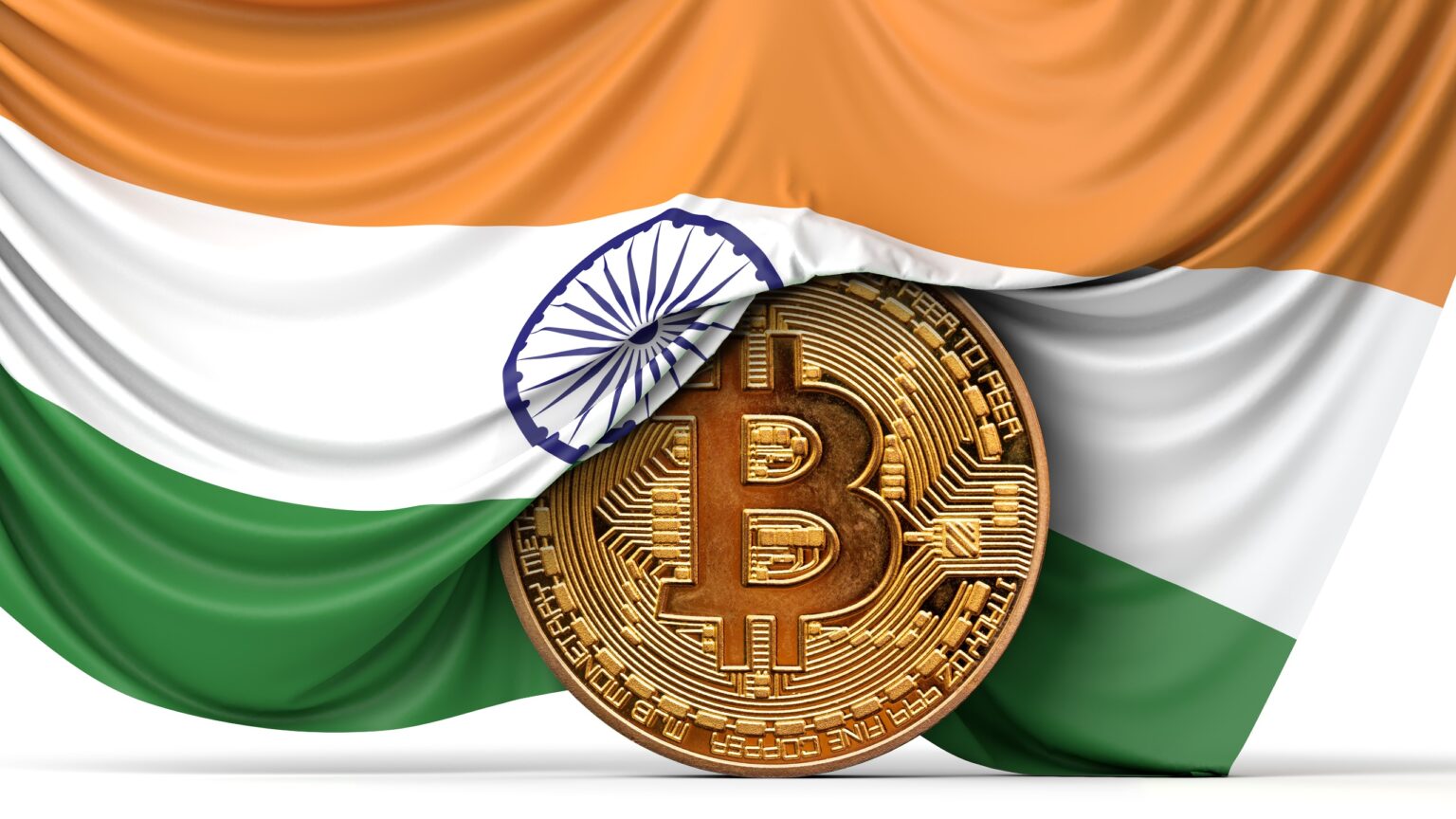After hosting the G20 Conference, India has made progress in cryptocurrency regulation. The country has officially approved their suggestions as a show of support for the International Monetary Fund and the Financial Stability Board.
This move marks a shift from doubts regarding cryptocurrencies and reflects a more receptive approach with proper regulations, which is also endorsed by other G20 nations.
India is making strides in crypto legislation, ruling out a ban and considering a framework for Indian platforms to be authorized dealers like banks. #CryptoNews #IndiaCrypto #Blockchain #DigitalCurrency
— Block Savvy (@Block_Savvy) September 11, 2023
Establishing a Comprehensive Framework
To provide systematic oversight of the cryptocurrency sector, the Indian government is zeroing in on a five-pillar strategy. This strategy was revealed by Sidharth Sogani, the CEO of Crebaco, a consulting firm that has previously advised numerous G20 committees on financial matters.
The initial foundation revolves around establishing a Know Your Customer (KYC) process that seamlessly aligns with the Anti-Money Laundering (AML) regulations and the Foreign Account Tax Compliance Act (FATCA).
This move implies that cryptocurrency platforms must perform audits in time to verify their reserves and submit these reports to the regulatory authorities.
Regulatory Compliance and Uniform Taxation
The second focus is a streamlined taxation protocol for consistency across nations. The Reserve Bank of India (RBI) is considering granting cryptocurrency exchanges the status of authorized dealers, essentially putting them on par with banking institutions.
In addition, the third aspect involves the mandatory staffing of specific specialized roles, such as a Money Laundering Reporting Officer, within the framework of cryptocurrency platforms.
Sogani expressed the significance of these impending regulations. He emphasized,
“Regulations will be implemented eventually since this ecosystem could not have developed to its current state without them. Imagine how much better it would flourish with the right rules in place. Furthermore, regulated markets lessen the opportunities for fraud and illegality.”
Globalized Approach to Regulation
Not content to limit its impact to the national stage, India has also set its sights on making global strides in crypto regulation. During the G20 summit, Prime Minister Narendra Modi called for international cooperation, solidifying India’s commitment to crafting a framework that crosses national boundaries.
As India’s historic G20 Presidency @g20org nears its end, I want to laud our PM @narendramodi and our FM @nsitharaman and their teams for spearheading progressive conversations on complex issues such as crypto regulation. 🇮🇳
India has played a critical role in driving… pic.twitter.com/3Od6aiTW8l
— Sumit Gupta (CoinDCX) (@smtgpt) September 7, 2023
Officials from the finance ministry indicated that comprehensive legislation, drawing heavily from the IMF-FSB guidelines, will take shape in the forthcoming months. One spokesperson mentioned,
“Given the global acceptance of cryptocurrencies, an outright ban is no longer feasible. A single nation cannot hope to ban it if the global community is moving towards acceptance.”
Risks and Opportunities
Nevertheless, enthusiasm comes with caveats. Finance Minister Nirmala Sitharaman characterized the crypto domain as a ‘double-edged sword,’ underscoring the need for global collaboration to ensure the financial ecosystem built around cryptocurrencies is secure and responsible.
With a recently imposed 30% tax on crypto profits, India is gearing up for a full-fledged introduction of crypto regulations. The decisions India makes today will have domestic implications and influence international financial markets, especially considering that two-thirds of the global population resides in G20 countries.
India’s calibrated approach to crypto regulation repositions it as a major player in domestic financial markets and has the potential to shape the future of cryptocurrency regulation worldwide.









 and then
and then